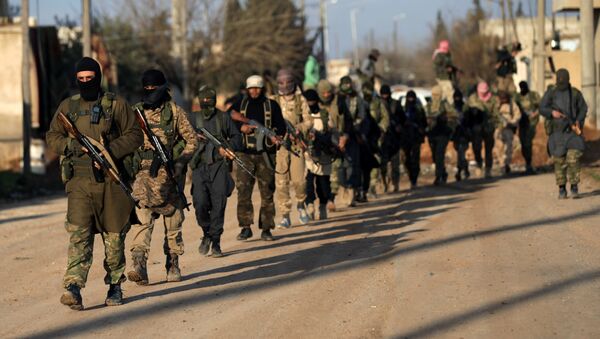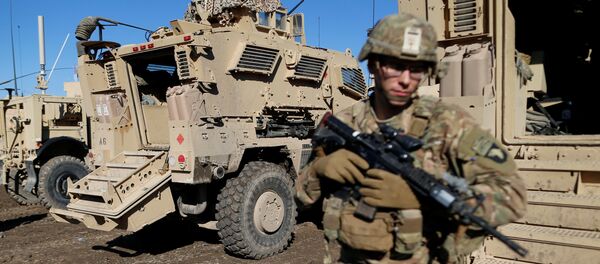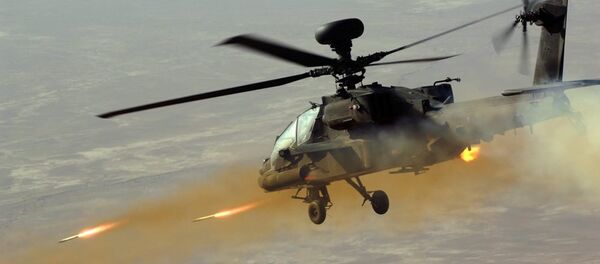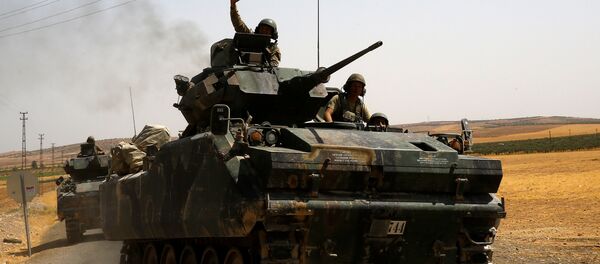Tillerson's announcement came as "ISIL has been losing ground in both Iraq and Syria, with three separate forces, backed by the United States, Turkey and Russia, advancing on the group's Syrian stronghold city of Raqqa," according to Al Jazeera.
"The United States will increase its pressure on ISIS and al-Qaeda and will work to establish interim zones of stability, through ceasefires, to allow refugees to return home," Tillerson told a State Department meeting earlier this week.
Defeating Daesh remains the "number one US goal in the region," according to Tillerson who did not elaborate on exact whereabouts of the "zones of stability" in Iraq and Syria.
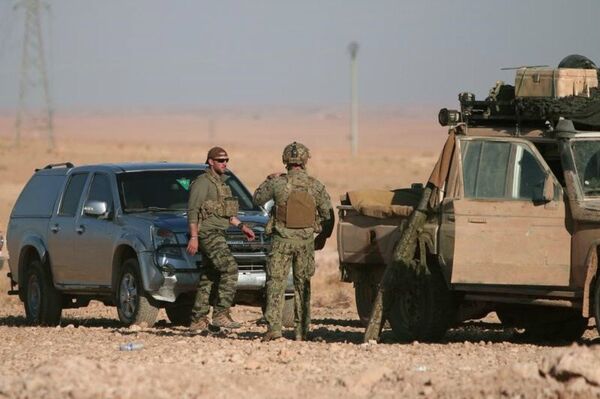
In an interview with the Russian online newspaper Vzglyad, Russian political analyst Taimur Dvidar pointed to the Americans' already increased activity in Syria and Iraq before the announcement of planes to create the "zones of stability" there.
"In northern Syria's Manbij, their presence has already divided the Kurds on the one hand and the Turks and their allies from the Free Syrian Army (FSA), on the other," he said.
He added that the plans to set up the "zones of stability" in Iraq and Syria come as the Pentagon continues to work out a new strategy to fight terrorism in the Middle East.
"I'd like to recall that the creation of these security zones is one of [US President] Donald Trump's pre-election promises. Also, this idea is in line with [Turkish President] Tayyip Erdogan's position. These security zones are most likely to become enclaves for those Syrian refugees who will return from Turkey," Dvidar said.
"As a result, we can get the "security zones" which will be controlled by rather dubious people," Dvidar added.
He stressed that for Russia, it is important that all actions in Syria be coordinated with the legitimate Syrian government and that the planned "zone of stability" should not be controlled by former terrorists.
Yielding to demands of "the moderate opposition" in Syria, the US may fall into the same trap, Dvidar warned, referring to Iraq where he said Washington's actions finally led to the creation of the Daesh terrorist group.
Russian military expert Anton Mardasov, for his part, told Vzglyad that de facto, the security zones mentioned by Tillerson have already been created and that these zones have yet to be legitimized.
"In Iraq, these are numerous tent camps, while in Syria, these zones include refugee camps located, for example, in the northern province of Hasaka.In addition, some refugees are based near the Syrian-Jordanian border, where a French field hospital is operating," Mardasov said.
He noted that there are two problematic regions in Syria where the creation of the "zones of stability" will be hard to implement.
"First of all, this is the Syrian Kurdistan, where the Turks and their allies are fighting not only against Daesh, but also Kurdish Self-Defense Forces from the Democratic Union," he said, describing Idlib as the second problematic region.
"However, all these details are not so important to the United States because it is more focused on fighting Daesh in Raqqa," he concluded.
Never miss a story again — sign up to our Telegram channel and we'll keep you up to speed!

